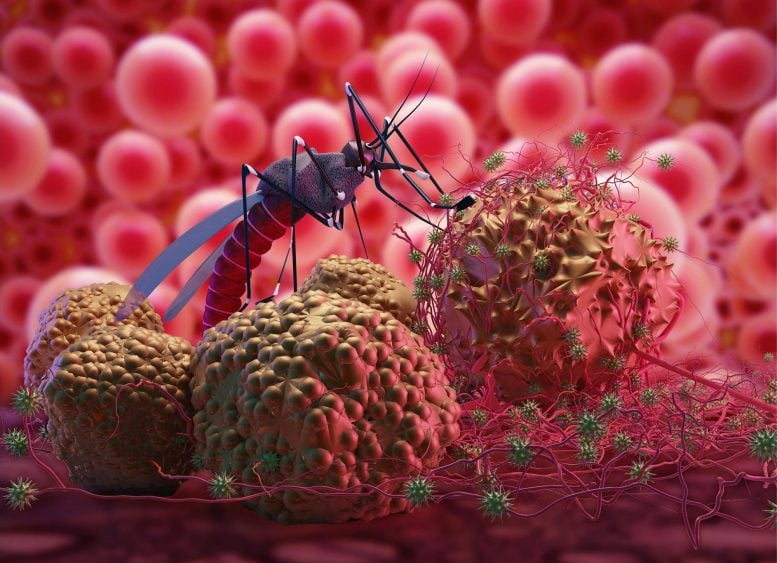
Malaria is a serious and sometimes fatal disease caused by a parasite that is transmitted to people through the bites of infected mosquitoes. Symptoms of malaria can range from mild to severe and include fever, chills, headache, muscle pain, and fatigue. In severe cases, it can cause anemia, low blood pressure, and organ failure.
- Study shows children sleeping under bed netting treated with two pesticides contract malaria at less than half the rate of those with single-treated netting
- Expert says study is proof that such nets with two or more insecticides should have been approved for widespread use a long time ago
- Mosquitoes have evolved to tolerate pyrethroids – a class of insecticides the world has relied on for preventing malaria
A recent study on the use of insecticides on anti-mosquito bed nets has demonstrated that thousands of people have unnecessarily contracted malaria due to a failure in policy.
In the renowned journal The Lancet, Professor Gerry Killeen, the AXA Research Chair in Pathogen Ecology at University College Cork (UCC), states that the results of a major trial on bed nets treated with a combination of two insecticides instead of one highlight the significant impact that such combinations can have on reducing the burden of malaria in rural Africa. According to Professor Killeen, the trial clearly demonstrates the potential of these combinations to make a difference in the fight against the disease.
Prof Killeen was commenting on research by Manfred Acrombessi and his team in Benin, also published in The Lancet.
It showed that because mosquitoes have evolved to tolerate pyrethroids – a class of insecticides the world has relied on for preventing malaria – children sleeping under bed nets treated with only this active ingredient still get malaria once a year on average, while their neighbors with dual ingredients nets became ill at only half that rate.
Prof Killeen, who wrote the commentary with Dr. Seynabou Sougoufara at Keele University, says this landmark paper also proves the point that such nets with two or more insecticides should have been approved for widespread use a long time ago.
“By using two or more active ingredients, such combination nets can decisively kill off insecticide-resistant mosquito variants before they have the opportunity to multiply, thus preventing resistance from becoming established across entire mosquito populations in the first place,” Prof. Killeen commented.
“Crucially, the pyrethroids are exceptionally useful insecticides for public health purposes: Apart from being the standard treatment for bed nets, they are also the only insecticide class that can be safely dispersed into the air as a repellent vapor, to protect people living in malarious areas when they are awake and active outside the protective reach of their bed nets.
“It is unclear at present whether the pyrethroid resistance genie can be put back in the bottle but that’s exactly why our ongoing work in collaboration with the Ifakara Health Institute and Sokoine University of Agriculture in Tanzania is so important,” Prof. Killeen said.
“With a view to the future, in the hope that new insecticide combinations can be used to select back the pyrethroid susceptibility traits that make it easier to protect people against mosquitoes and malaria, our team is currently surveying wild conservation areas in southern Tanzania, looking for malaria vector mosquitoes that have escaped insecticide pressure by feeding on wild animals rather than humans or livestock,” he said.
Reference: “Getting ahead of insecticide-resistant malaria vector mosquitoes” by Gerry F Killeen and Seynabou Sougoufara, 24 January 2023, The Lancet.
DOI: 10.1016/S0140-6736(23)00102-2
The study was funded by the AXA Research Fund.



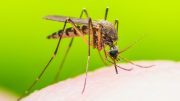
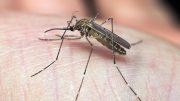

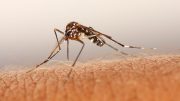
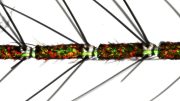
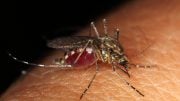
Be the first to comment on "Unnecessary Disaster: Thousands of People Needlessly Contracted Malaria Due to Policy Failure"